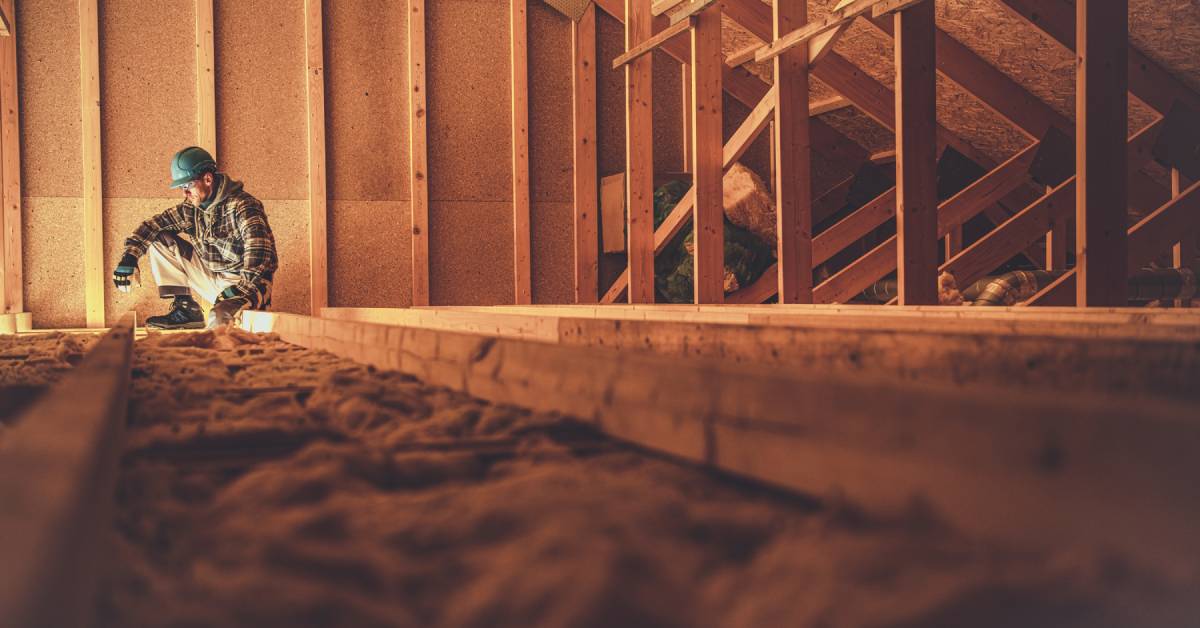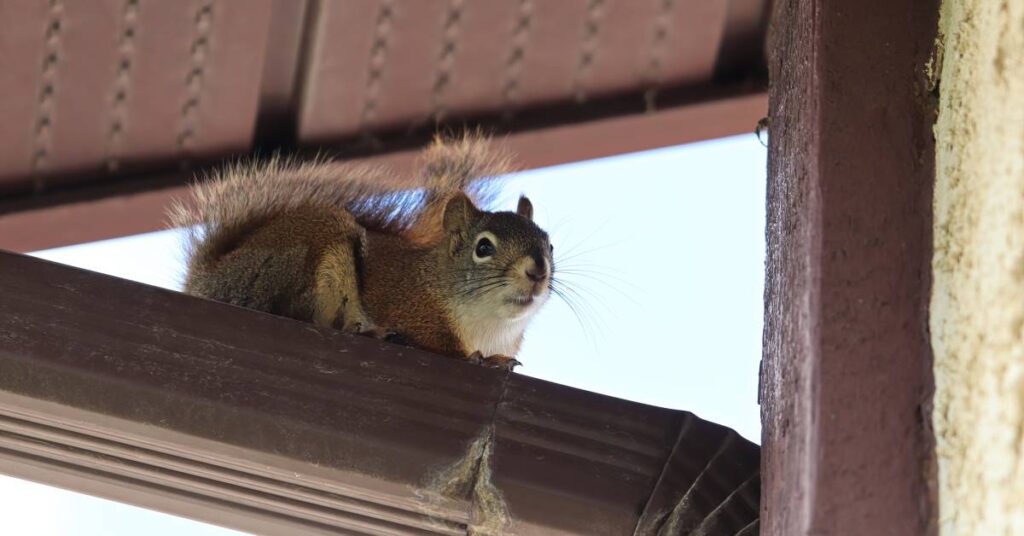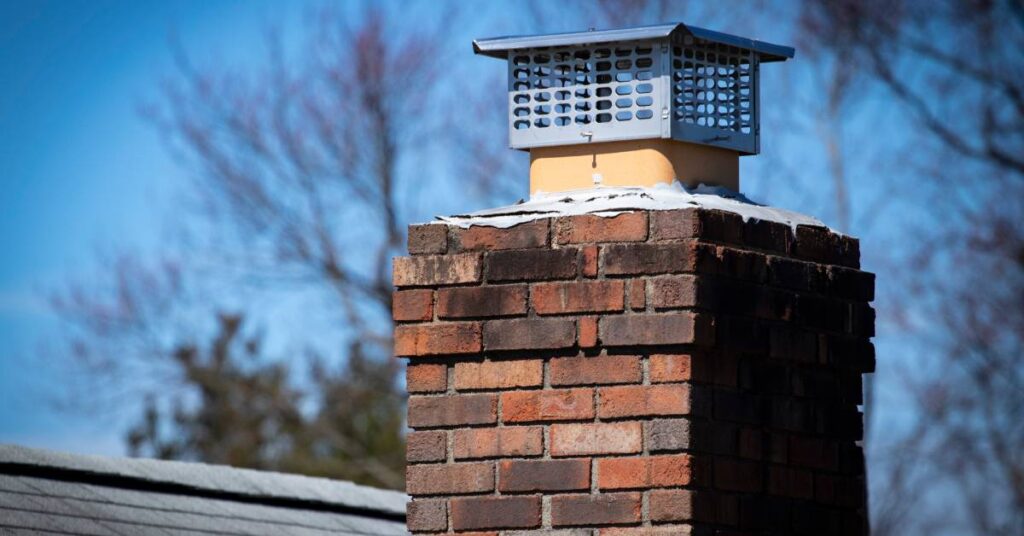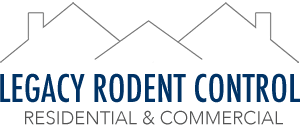
The Dangers of Having Squirrels in Your Attic
Many hazards are associated with rodents running freely throughout your home, such as mold and structural damage. Squirrels are often the most common rodents to invade homes, which makes it necessary to know the dangers of having squirrels in your attic so you can plan removal methods, whether on your own or with the assistance of an exterminator or another professional service.

Damage to Your Home’s Structure
Squirrels can damage a home’s foundation, weakening its structural integrity. Most of the materials that make up the support structure are wooden, including rafters, joists, and other boards. Squirrels can easily chew through wood, leaving your home in danger.
A single squirrel up in the attic most likely won’t cause much damage to your home, but if a whole family moves in and they all chew on the same wooden structures, you’ll start having problems. If the squirrels cause enough damage, your home may require expensive restoration to get your property back to its prior good shape.
Destroyed Electrical Wiring
Besides wooden support structures, squirrels can also damage the electrical wiring throughout your attic, which is likely lying largely exposed and unprotected. Rodents have a natural inclination to chew through electrical wiring, which can lead to wire destruction.
You’ll know as soon as squirrels have wrecked your electrical wiring, as you’ll have a sudden lack of electricity to certain parts of your home. Those areas will need expensive rewiring and maintenance to get them back up and running.
Besides that major inconvenience, there’s also the more serious danger of electrical fires. If a squirrel chews through a wire with an electrical current running through it, all that gnawing has the potential to create a spark.
There is no shortage of things that a spark can ignite, whether a surrounding wooden structure, insulation, or even the squirrel’s fur. A fire in the attic can be especially dangerous, as there may not be any way to immediately identify that a fire has occurred before it’s too late.
Wrecked Insulation
A less serious but still destructive concern of having squirrels in your attic is the destruction of insultation.
Attics have insulation to maintain your home’s internal climate, making it easier to heat your home in the winter and keep it cool in the summer. Without that insulation, the temperature inside your home can be inconsistent and uncomfortable across seasons.
Like everything else in the attic, squirrels may chew through insulation and render it unusable. In the interim, you’ll have inconsistent temperatures, but that’s not all. Prepare yourself for longer-term negative effects like an increase in your heating and cooling bill from month to month. You’ll also get less protection from street noise, since insulation is what usually blocks out a lot of unwanted sound.
Noise Throughout the Night
Street noise isn’t all you’ll hear. As squirrels skitter across the attic, the noise can penetrate the entire house. This is admittedly less of a danger and more of a constant annoyance. Since the attic can encompass the entire layout of the home, you may be able to hear the squirrels and other rodents from every room, their claws scratching against the walls as they run around.
The sound of squirrels in the walls can impact your ability to relax in your own home. You may also find yourself awake at night, tossing and turning as the sound keeps you awake. This can result in you and everyone else in the home not getting adequate sleep at night, affecting your daily activities the next day.
Whether you have to go to work or school, a night of squirrels running around can leave you groggy. A longer-term, unaddressed problem will make you feel like a zombie as your restful nights of sleep become a thing of the past.
Bad Smells and Mold Growth
As squirrels make your attic their new home, they will also use it as a bathroom. They can leave urine and feces throughout the attic, causing bad smells in the home as the odor penetrates into various rooms. As mentioned, the attic can potentially encompass every room of the house, so you may experience bad smells in the bedroom, kitchen, or living room.
It’s not just a matter of bad odors, of course. Urine can also create conditions conducive to mold. This fungus can affect your insulation and your home’s wooden support structures. Mold can negatively impact indoor air quality, especially for those with allergies or asthma. Worse yet, mold can be especially difficult to get rid of.

Spread of Germs and Other Diseases
Squirrels, like many pests, may carry diseases and other bacteria that get into your home when they enter. After all, squirrels are wild animals, so there’s no telling what sorts of parasites or germs they carry. You and your family might have to contend with Lyme disease, ringworm, and even rabies.
These sicknesses can also transfer through squirrel urine and feces, which can essentially infect your attic and create an especially unhealthy environment. Once the squirrels start in your attic, they may spread to other rooms. You don’t want to allow any type of pest to create a disease-riddled environment in your house.
Protect Your Home From Pests
Rodents can enter the home through small gaps and openings. Getting them out after they’re already in can be a challenge. Pay attention to potential signs of rodents in the home, such as scratching sounds, droppings, and bite marks. Always be aware of the risks of leaving squirrels in the home uninhibited; inaction now can cause you a great deal of repair later.
Work with a professional squirrel exterminator to free your home of unwanted pests and maintain safety and security. You and your family deserve to have a clean, safe home without squirrels and other rodents invading and disturbing your peace of mind.
